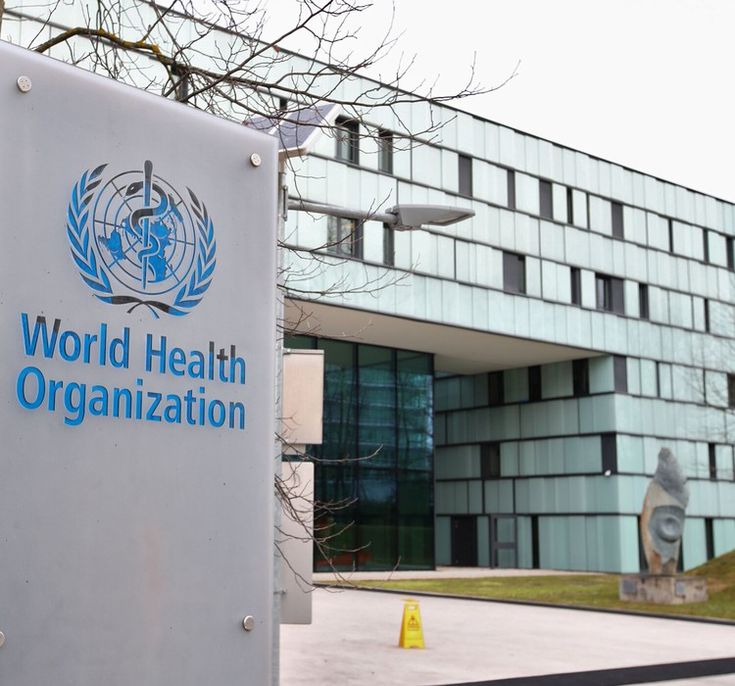Vaccines: A Pillar of Global Health Amidst Rising Skepticism
c
This message also lands amidst global scrutiny of U.S. domestic health policies, particularly with the nomination of vaccine skeptic Robert F. Kennedy Jr. (RFK Jr.) as Health Secretary by Donald Trump. The WHO, while diplomatically neutral, emphasized the importance of the U.S. as a “vital partner” and expressed hope for the continuation of their “fantastic work.”
The Essential Role of Vaccines
Vaccines are one of the most successful and cost-effective public health interventions in history. They have eradicated smallpox, nearly eliminated polio, and drastically reduced the burden of diseases like measles, diphtheria, and tetanus. WHO-approved vaccines undergo rigorous testing to ensure they meet the highest safety and efficacy standards. These interventions save millions of lives each year, yet the resurgence of vaccine-preventable diseases, such as measles, highlights vulnerabilities in global health systems.
The recent rise in measles cases underscores the complexity of these vulnerabilities. Conflict and poor health infrastructure are significant contributors, but the WHO has also identified vaccine skepticism as a growing barrier. This skepticism, fueled by misinformation and distrust, has resulted in declining immunization rates in some regions.
Vaccine Skepticism: A Growing Global Threat
Vaccine skepticism is not a new phenomenon, but its proliferation through social media and misinformation campaigns has amplified its impact. Skepticism often stems from a combination of fears about vaccine safety, misinformation about side effects, and distrust of governments or pharmaceutical companies. In some cases, skepticism is bolstered by influential public figures who question the necessity or safety of vaccines, leading to a ripple effect that undermines public confidence.
The WHO has consistently worked to counter vaccine misinformation by providing accurate information, promoting transparency, and engaging with communities. However, the challenge lies in addressing deeply entrenched beliefs and fears.
RFK Jr.’s Nomination: A Cause for Concern?
Robert F. Kennedy Jr.’s nomination as Health Secretary has added fuel to the fire of the global vaccine debate. Kennedy has been a controversial figure, known for his criticism of vaccines and the public health systems that promote them. His appointment raises questions about the potential influence of vaccine skepticism at the highest levels of U.S. health policy.
The WHO, while cautious in its response, emphasized the sovereignty of UN member states to determine their government appointments. However, the organization’s endorsement of vaccines as safe and effective serves as a subtle counter to the narrative often associated with Kennedy.
The U.S. plays a critical role in global health initiatives, including vaccine development, distribution, and funding. Any shifts in U.S. policy or leadership could have far-reaching implications, not just domestically but globally. The WHO’s hope that “fantastic work” will continue highlights the need for collaboration and consistency in the face of mounting public health challenges.
The Measles Resurgence: A Wake-Up Call
The 20% increase in global measles cases, reported by the WHO, is a stark reminder of the consequences of lapses in vaccination coverage. Measles is a highly contagious disease that can cause severe complications, including pneumonia, brain swelling, and death. Vaccination is the most effective way to prevent outbreaks, yet coverage rates remain below the recommended threshold in many regions.
In conflict zones, vaccination efforts are often disrupted, leaving populations vulnerable to outbreaks. However, in more stable regions, vaccine skepticism is increasingly a factor. Parents who choose not to vaccinate their children based on misinformation create pockets of vulnerability, allowing diseases like measles to resurface.
The WHO’s statistics reveal that no country is immune to the effects of declining vaccine confidence. High-income nations, often perceived as insulated from such threats, have also experienced outbreaks linked to vaccine hesitancy. This underscores the need for a global effort to rebuild trust in vaccines and public health systems.
The Path Forward: Rebuilding Trust and Expanding Access
Addressing vaccine skepticism requires a multifaceted approach that combines education, transparency, and community engagement. Governments, international organizations, and public health experts must work together to counter misinformation and build trust in vaccines.
Efforts should focus on:
- Transparency: Ensuring that vaccine safety and efficacy data are publicly accessible and easily understandable to dispel fears of secrecy.
- Education: Providing clear, evidence-based information about the benefits and risks of vaccination. This includes addressing common misconceptions directly.
- Community Engagement: Collaborating with local leaders and influencers to promote vaccination within communities.
- Addressing Inequities: Expanding access to vaccines, particularly in underserved areas, to ensure that logistical challenges do not compound skepticism.
The Role of Leadership
Leaders at all levels play a critical role in shaping public perceptions of vaccines. From health secretaries to local officials, those in positions of authority must advocate for evidence-based policies and prioritize public health. The nomination of a vaccine skeptic to a high-profile role underscores the importance of appointing leaders who align with scientific consensus and can effectively champion vaccination efforts.
Conclusion
Vaccines remain one of the cornerstones of modern medicine, saving countless lives and preventing widespread suffering. As the WHO highlights the critical role of vaccination in global health, the resurgence of vaccine-preventable diseases like measles serves as a stark reminder of what is at stake.
In this context, leadership and policy decisions take on heightened significance. The nomination of RFK Jr. as U.S. Health Secretary presents both a challenge and an opportunity: a chance to engage skeptics in evidence-based dialogue or a risk of further polarization.
As global health faces unprecedented challenges, the path forward must be grounded in science, collaboration, and a shared commitment to the well-being of all. Vaccines, as the WHO reminds us, are not just tools of prevention—they are lifelines for humanity.

